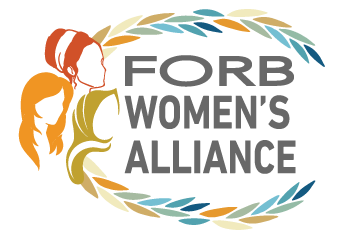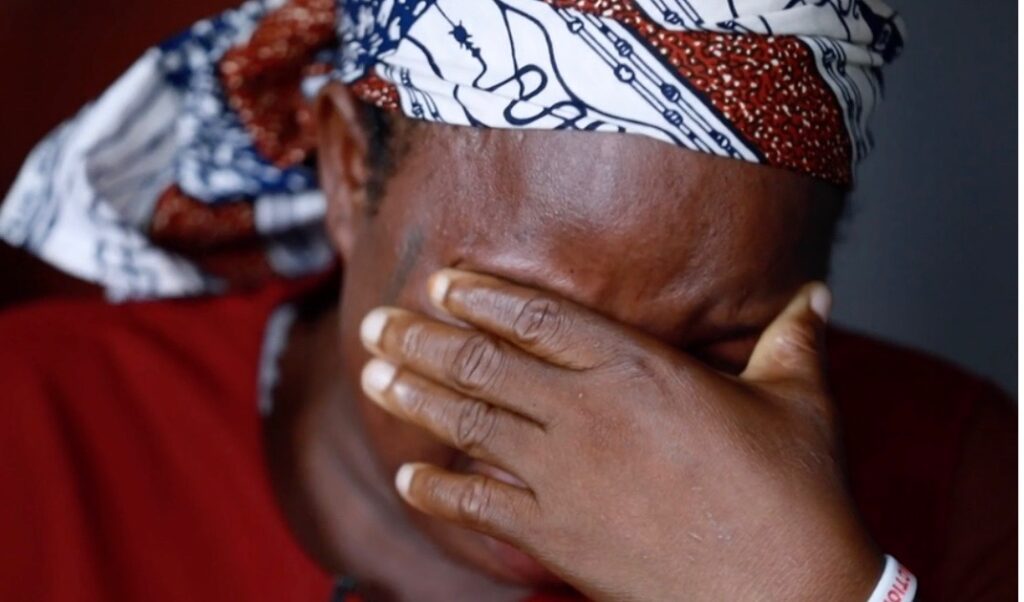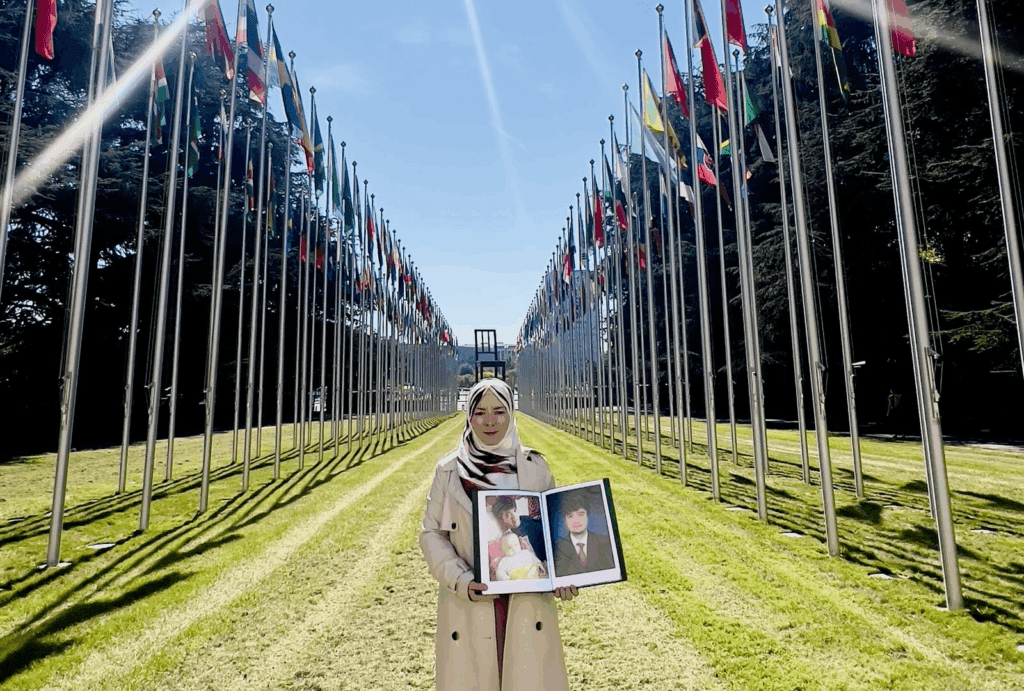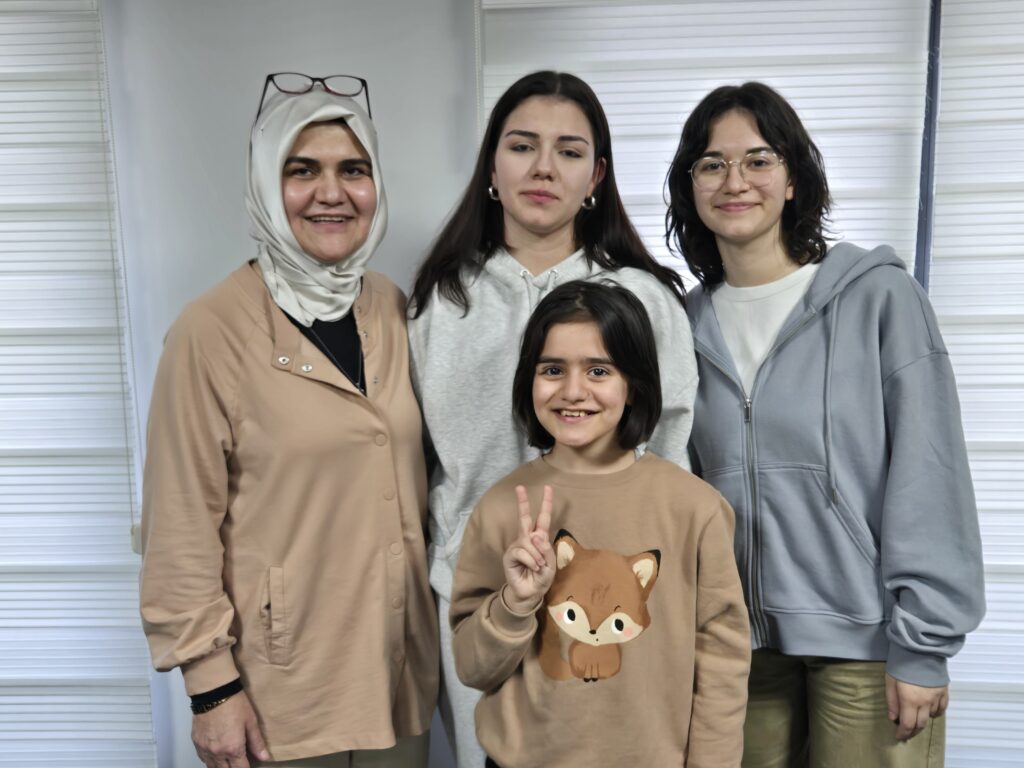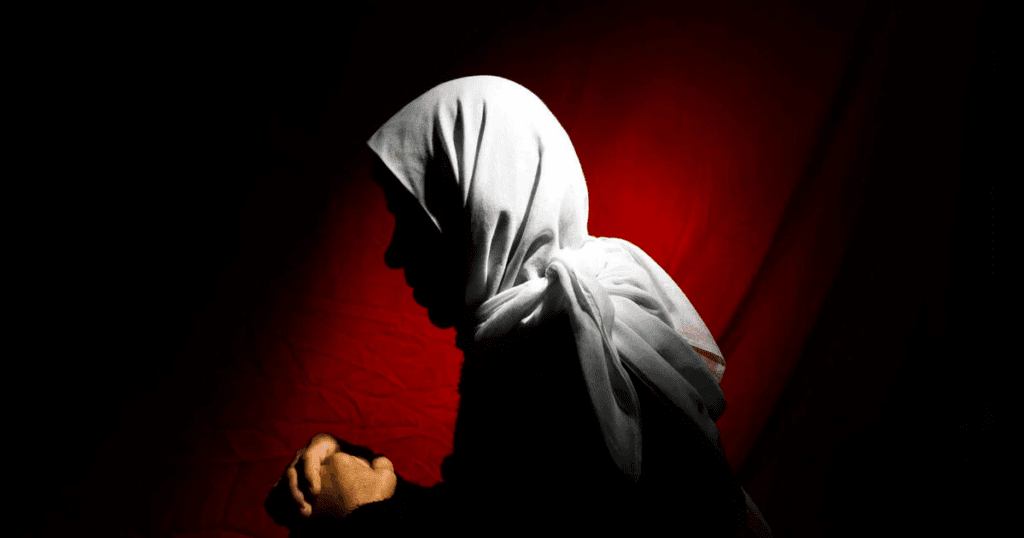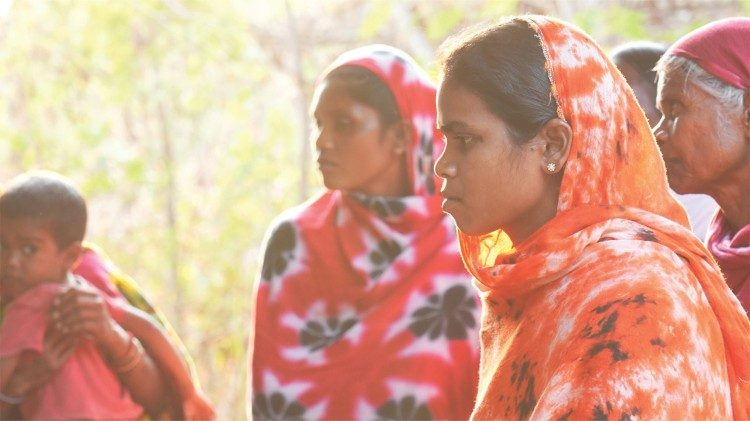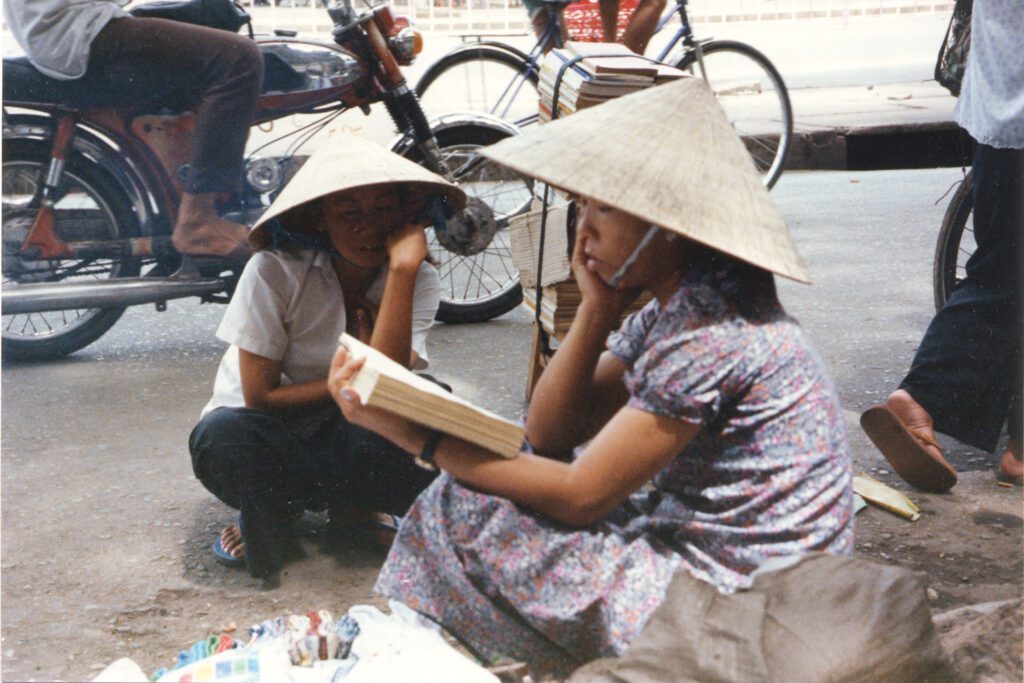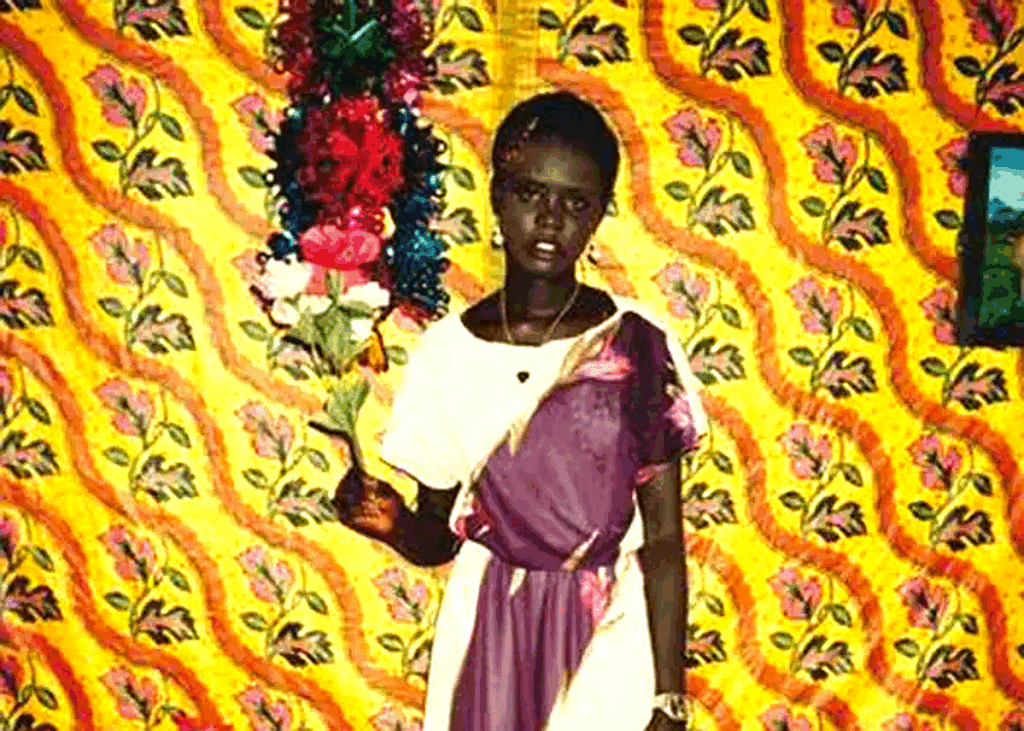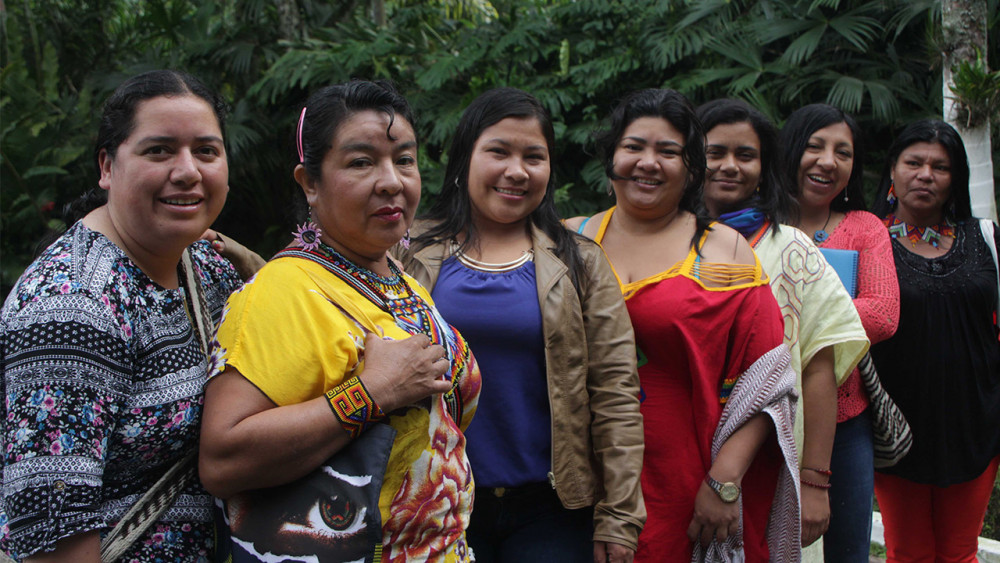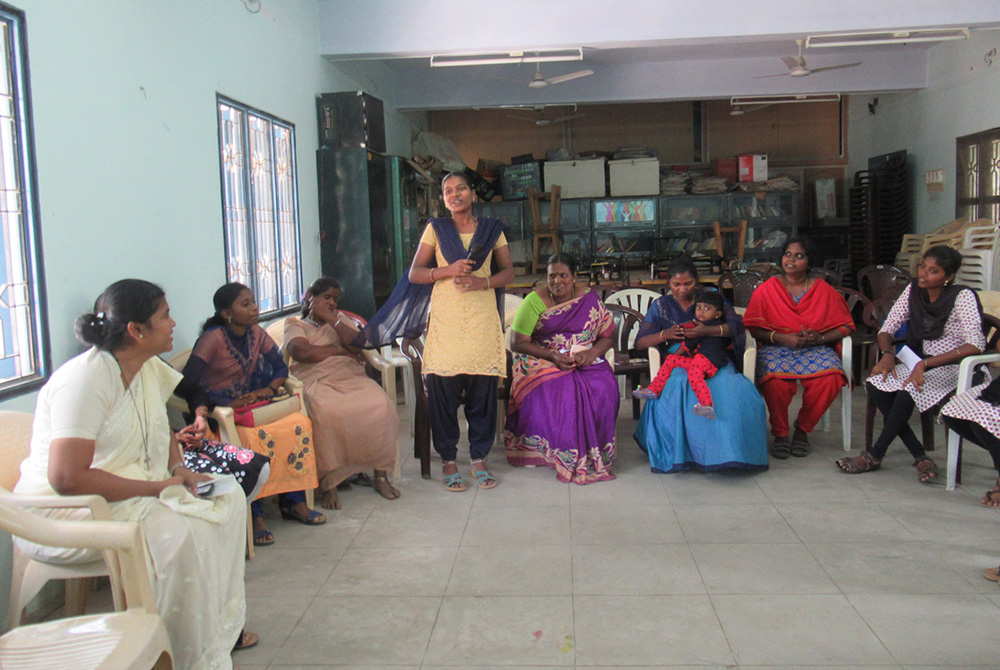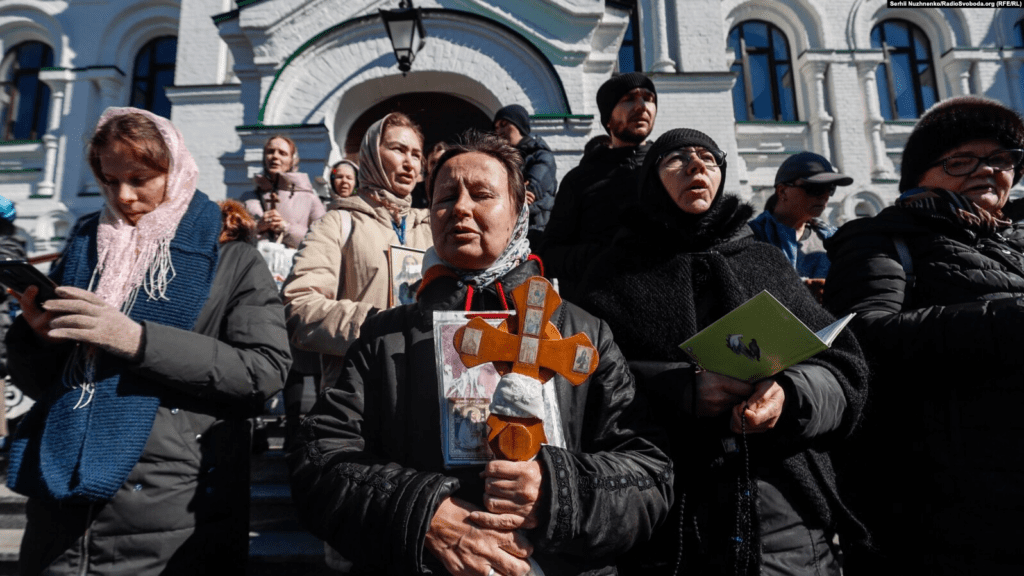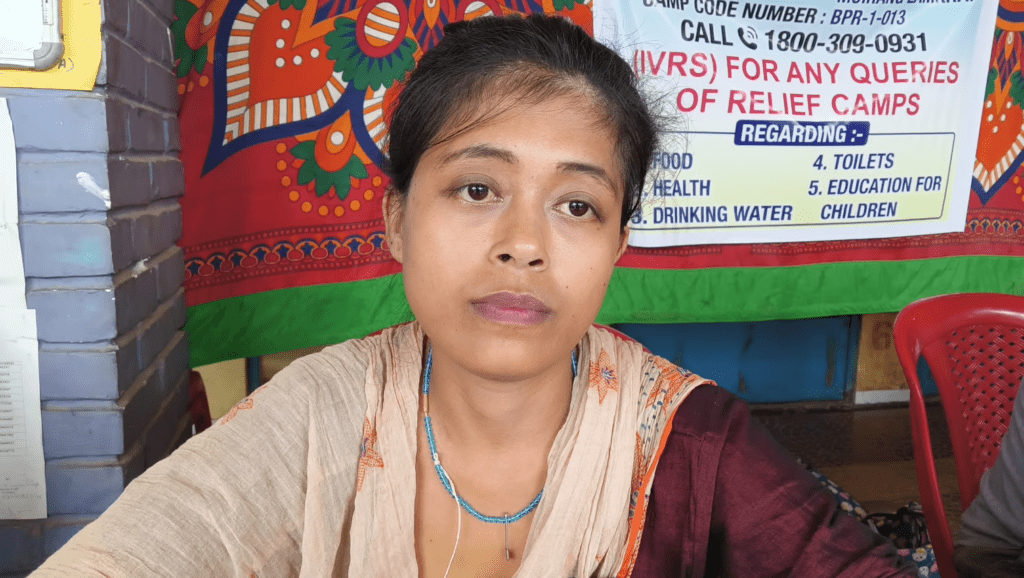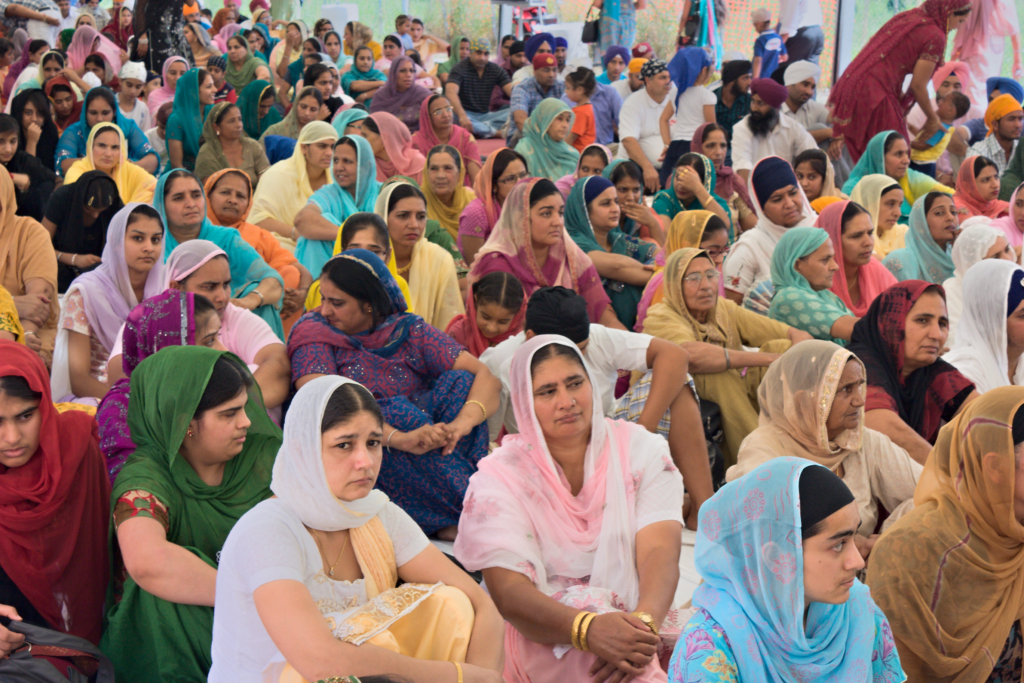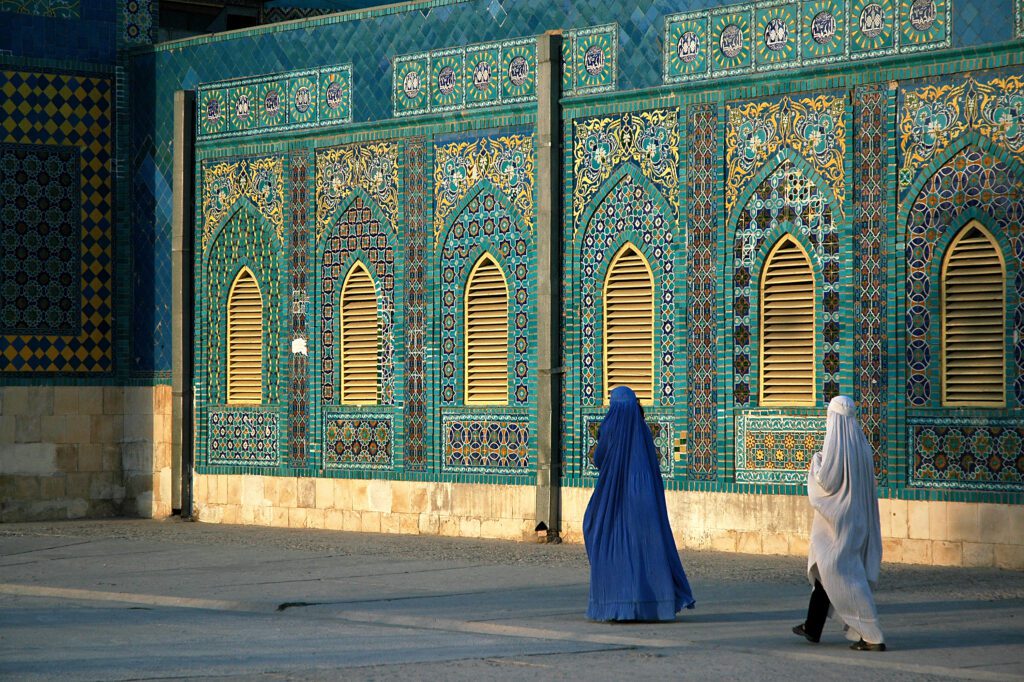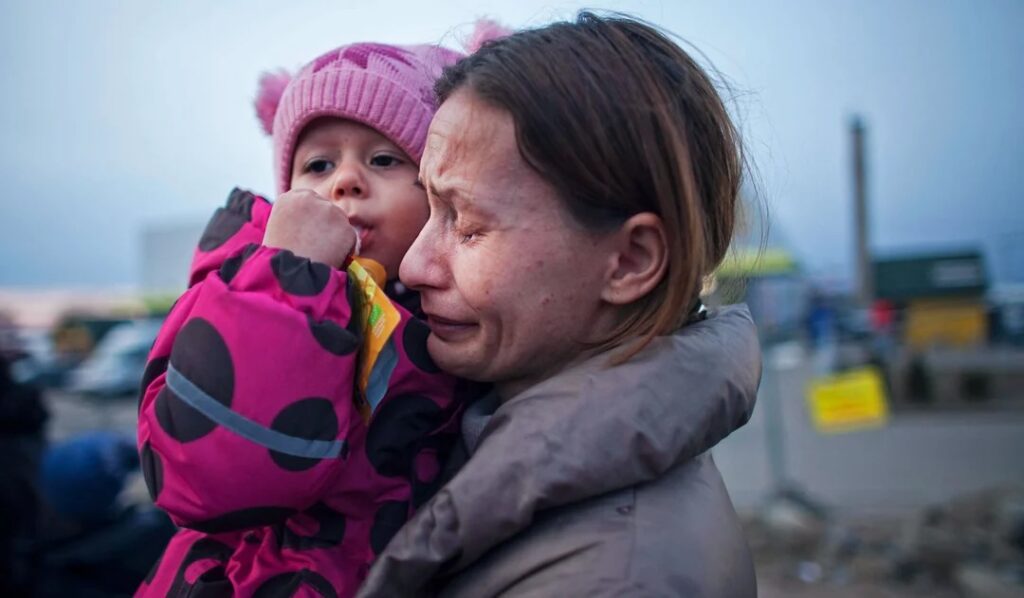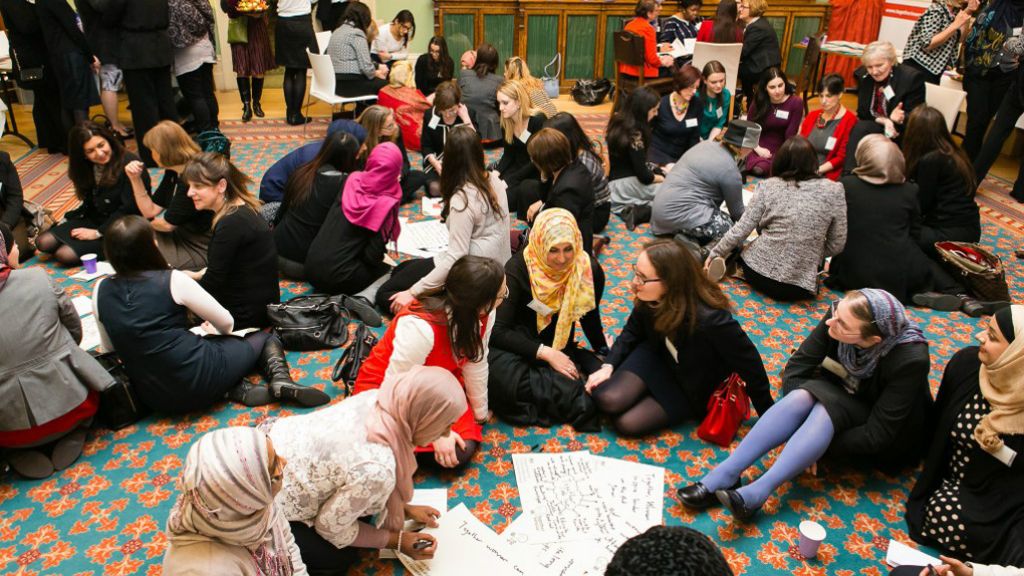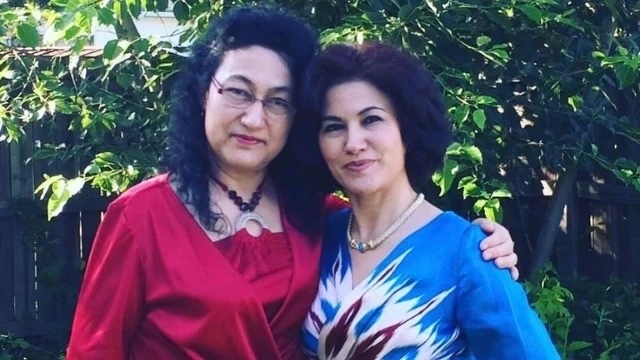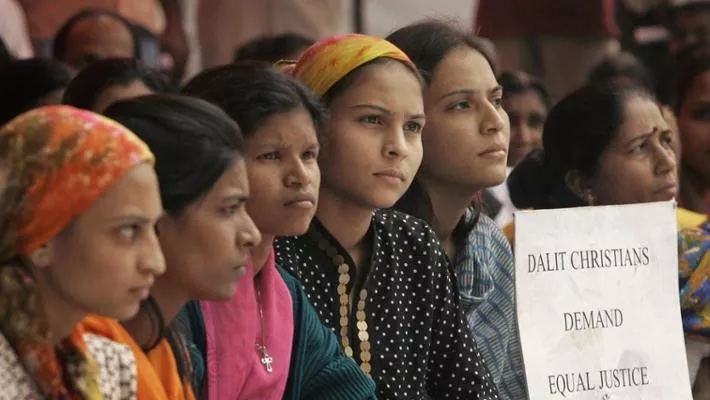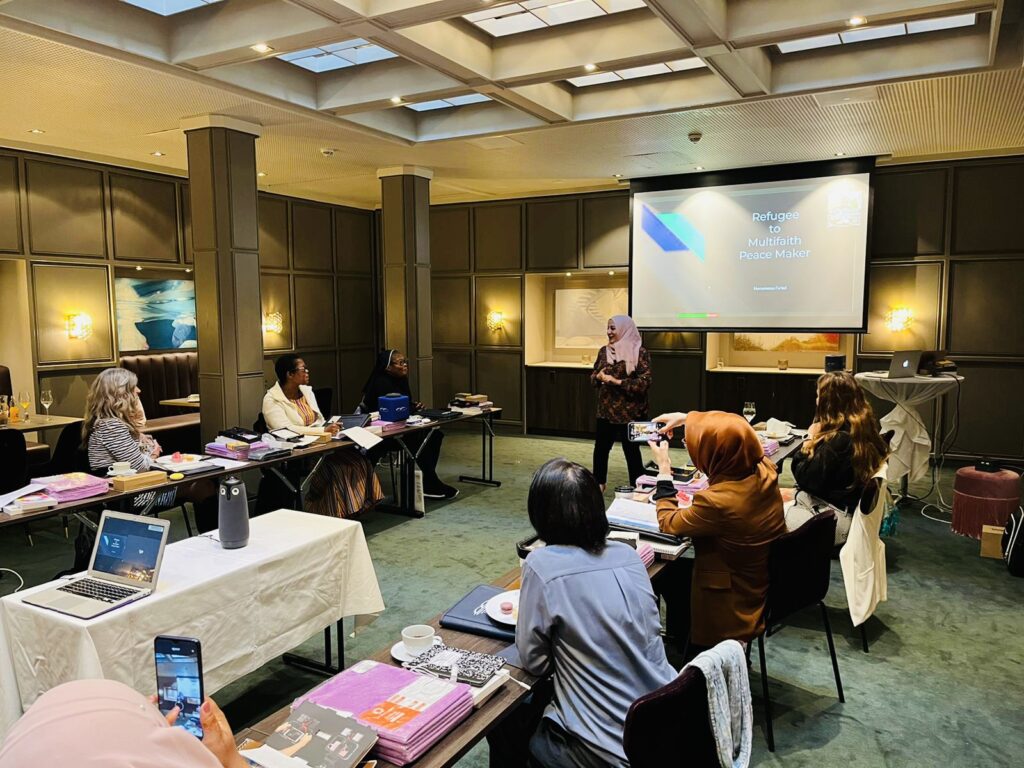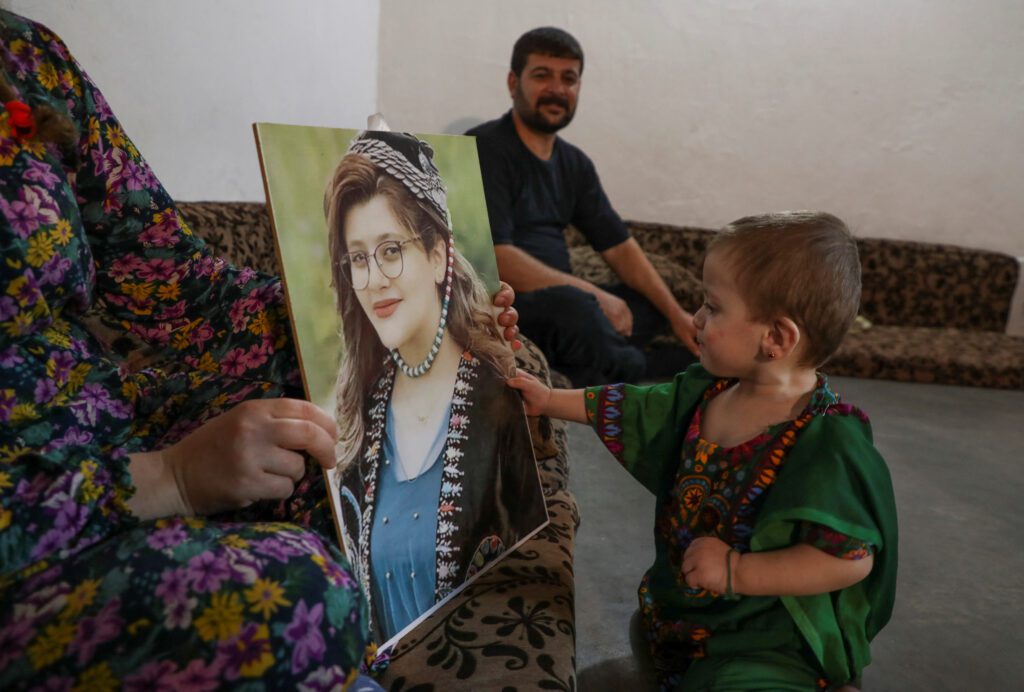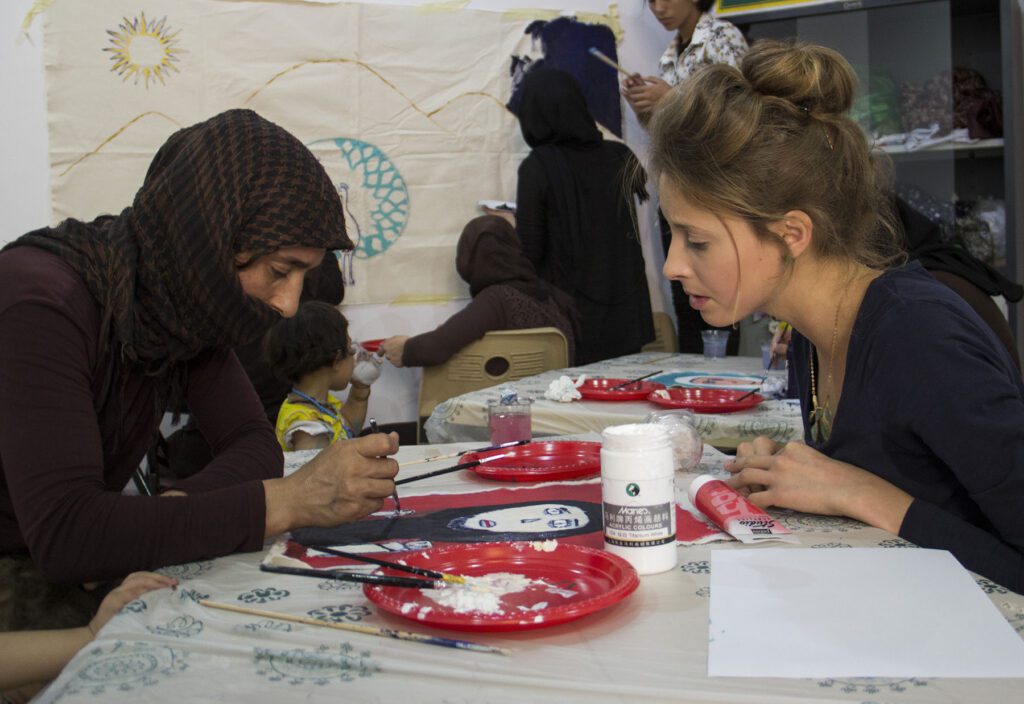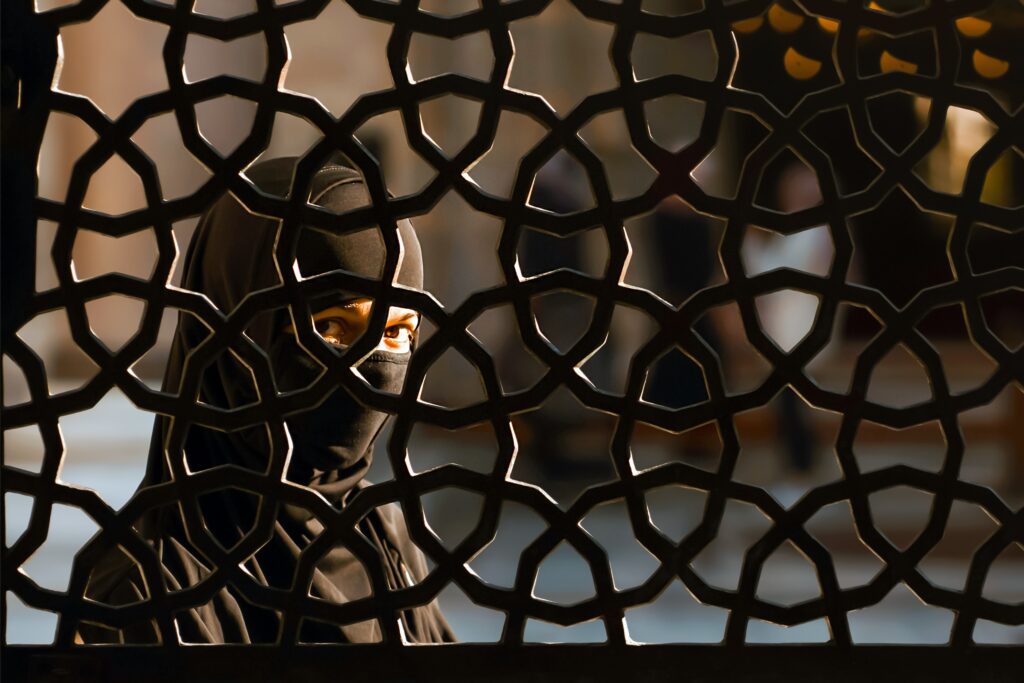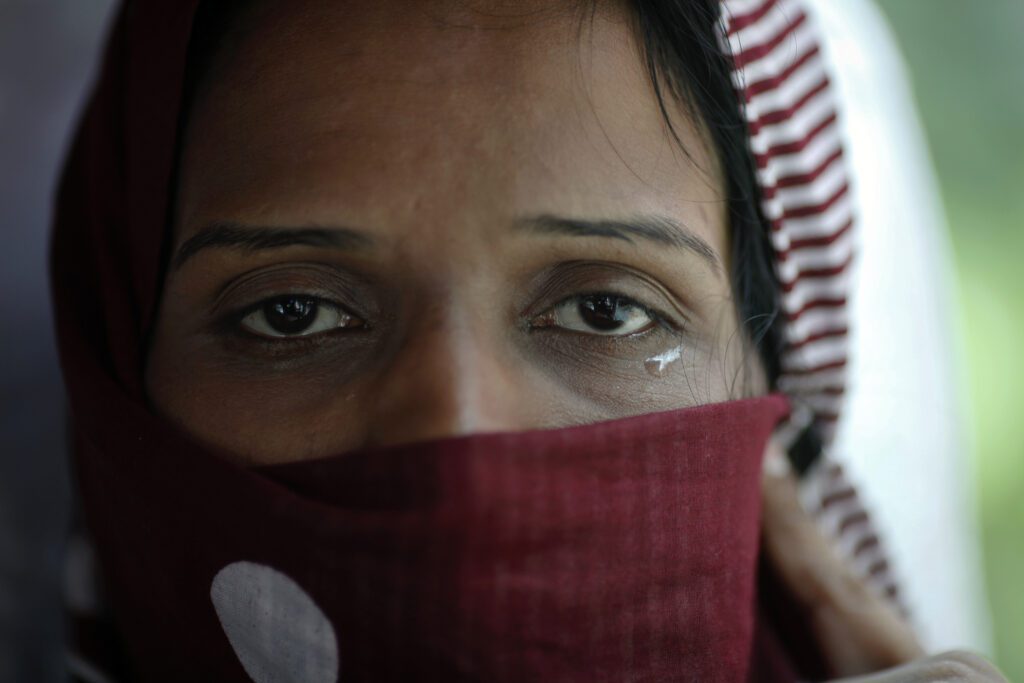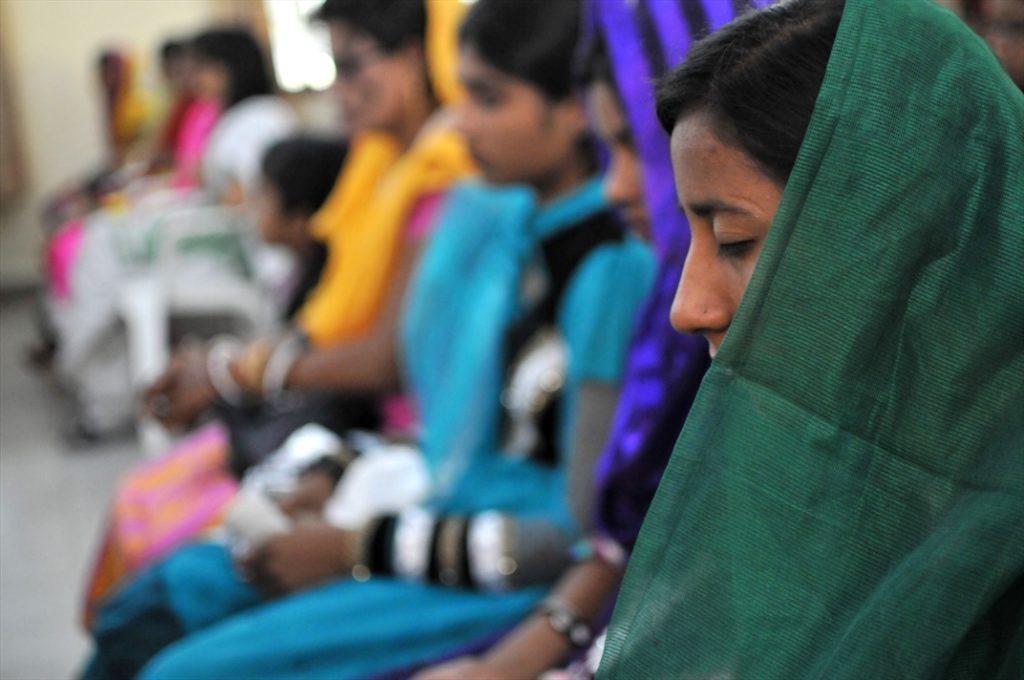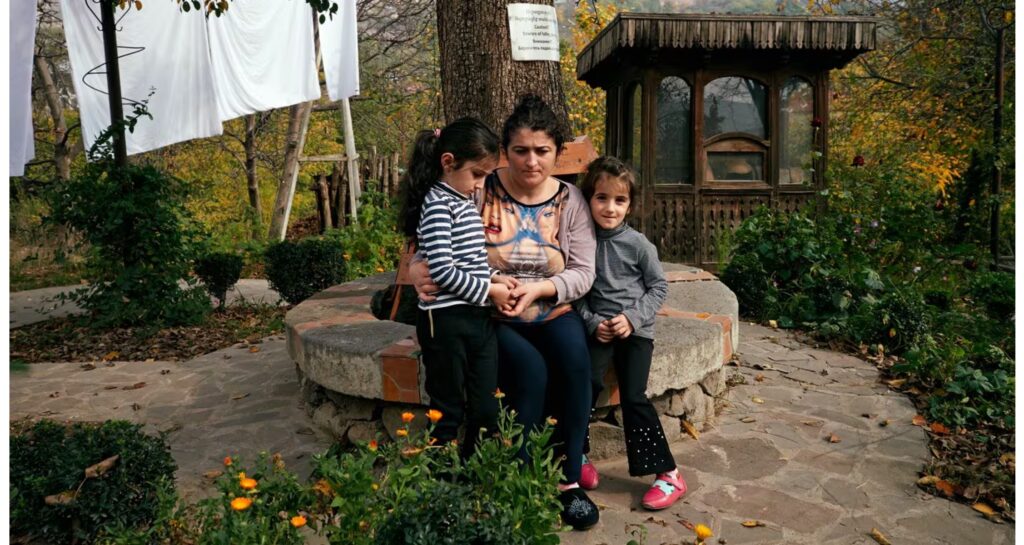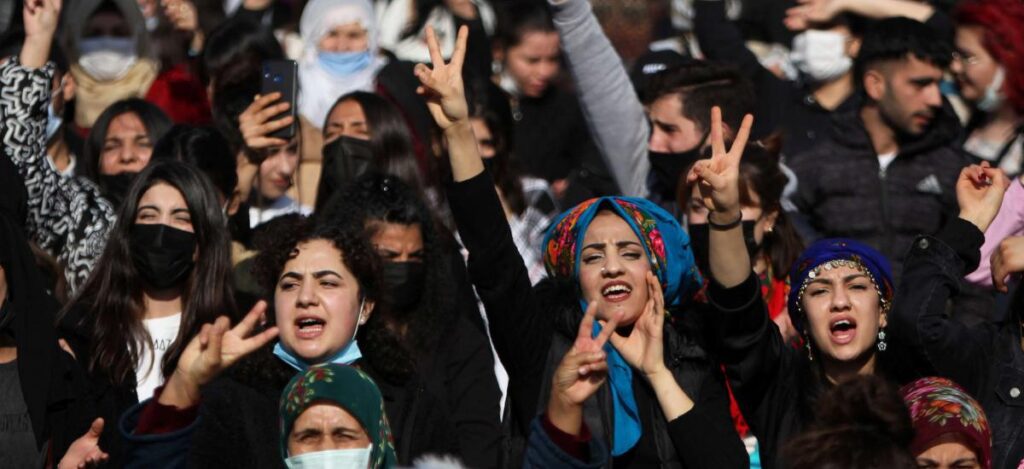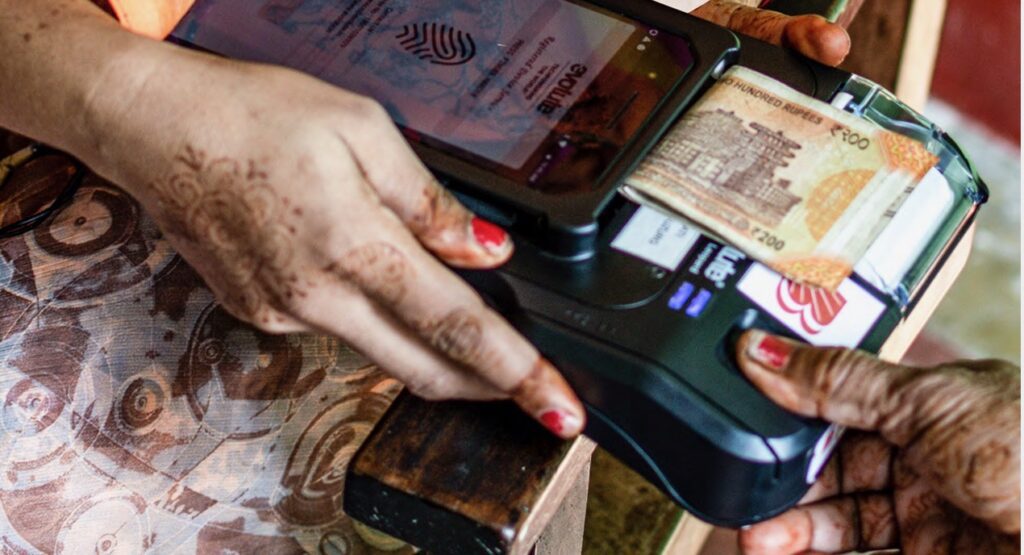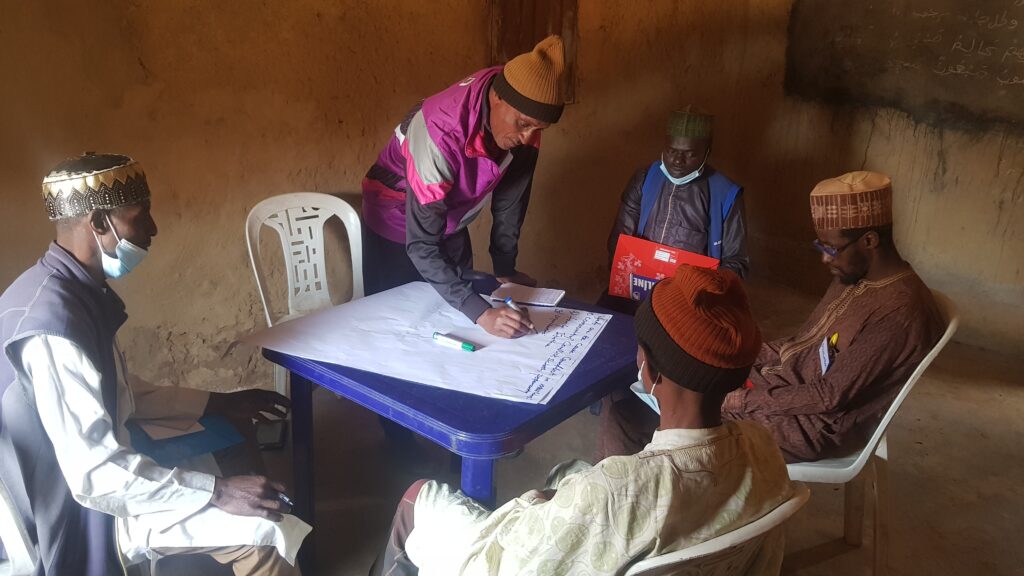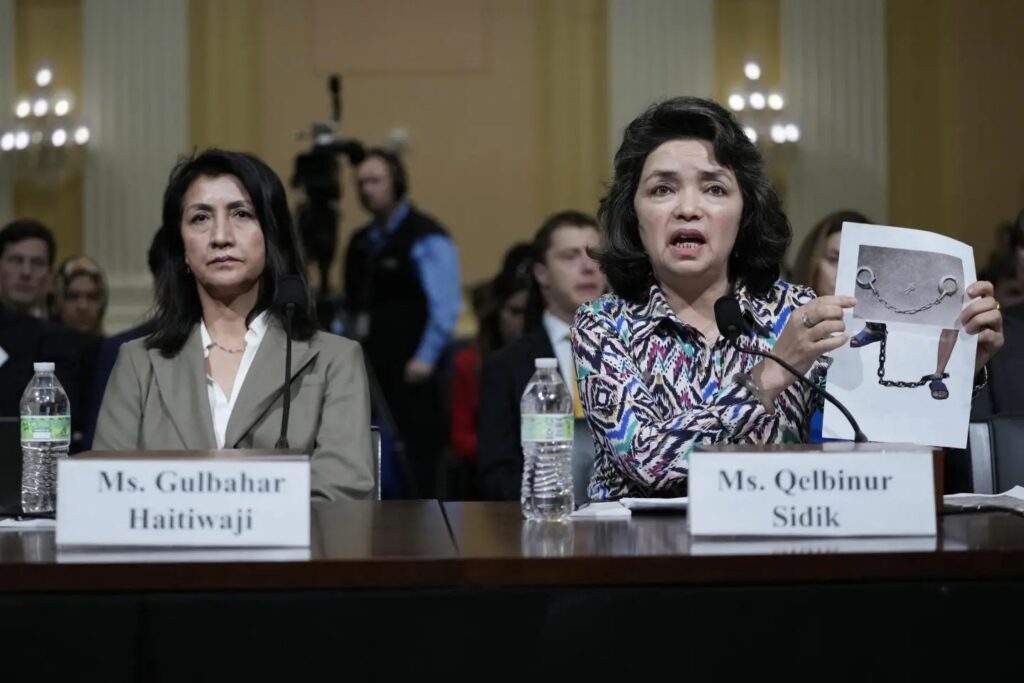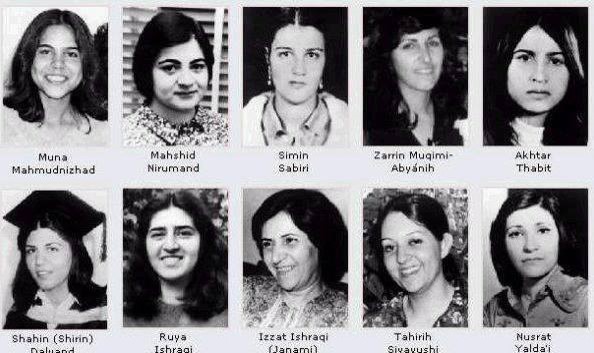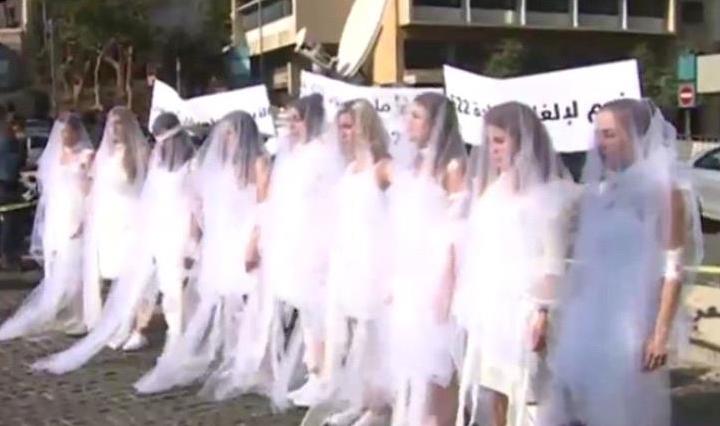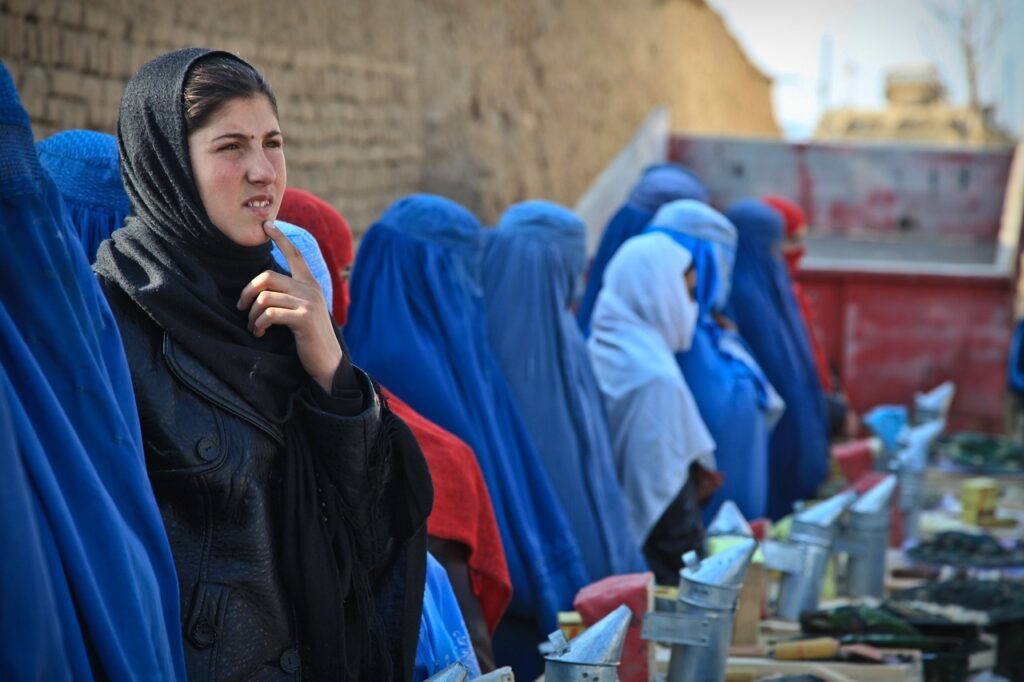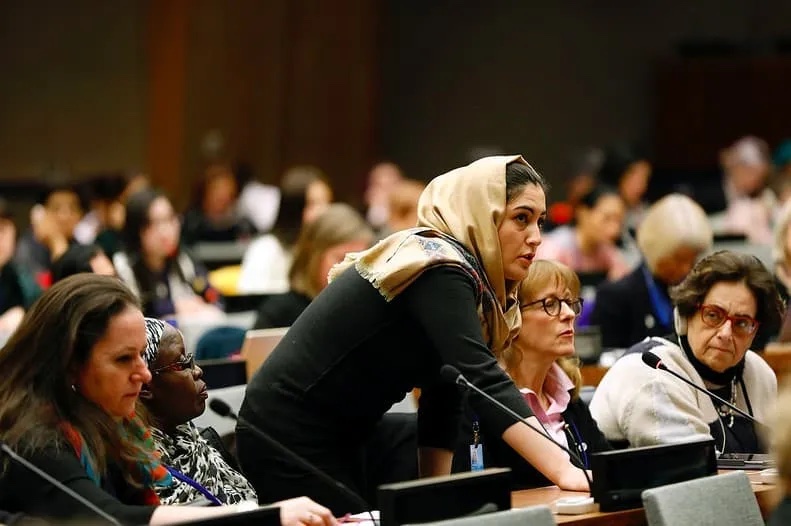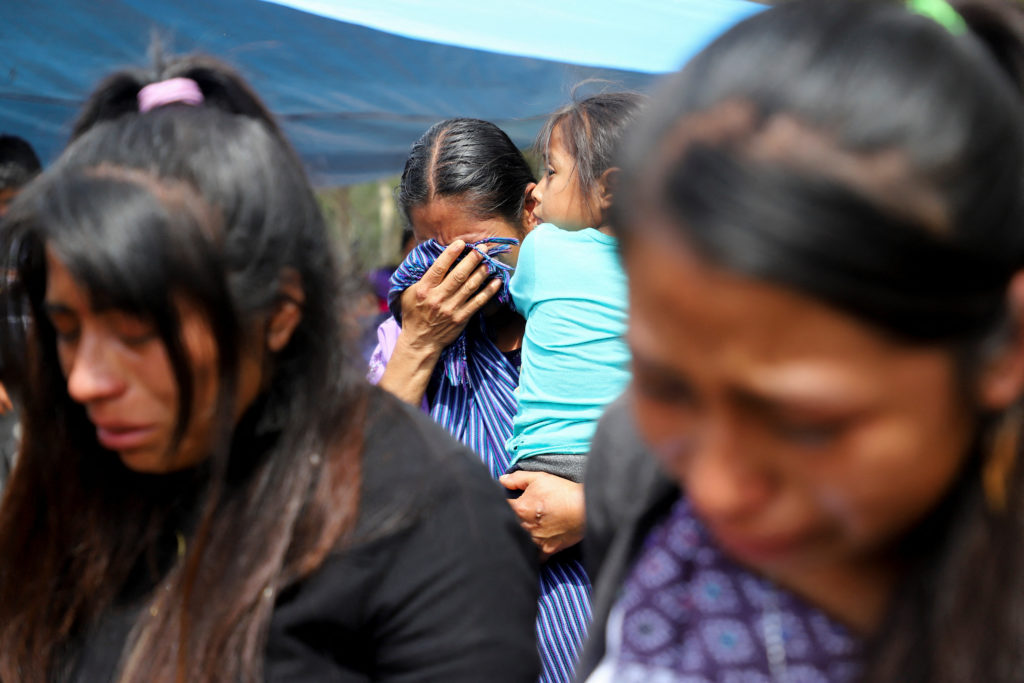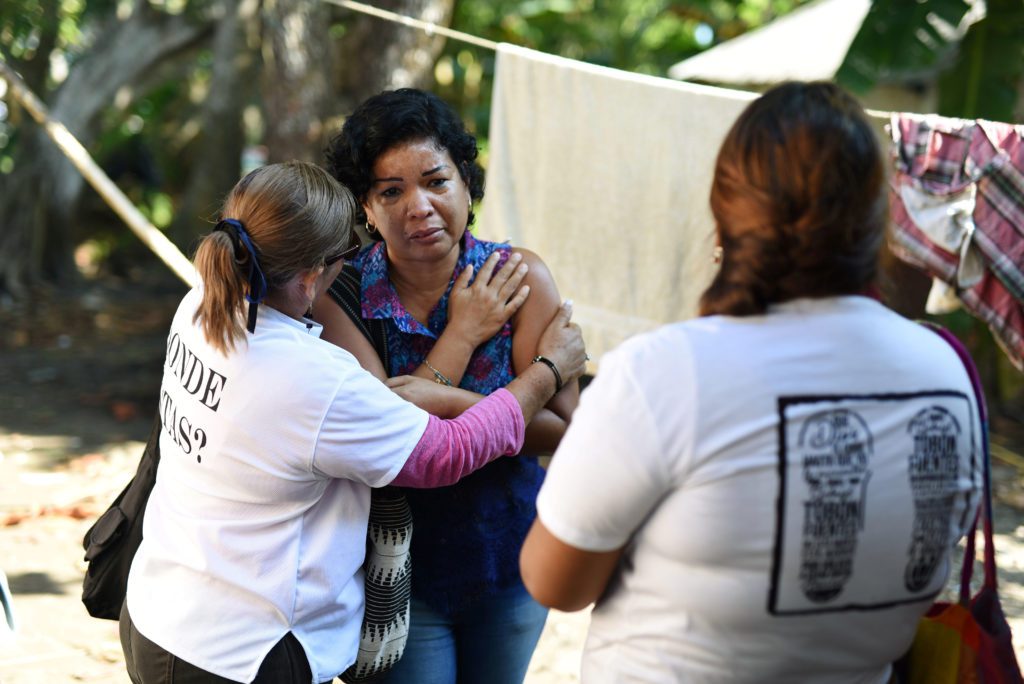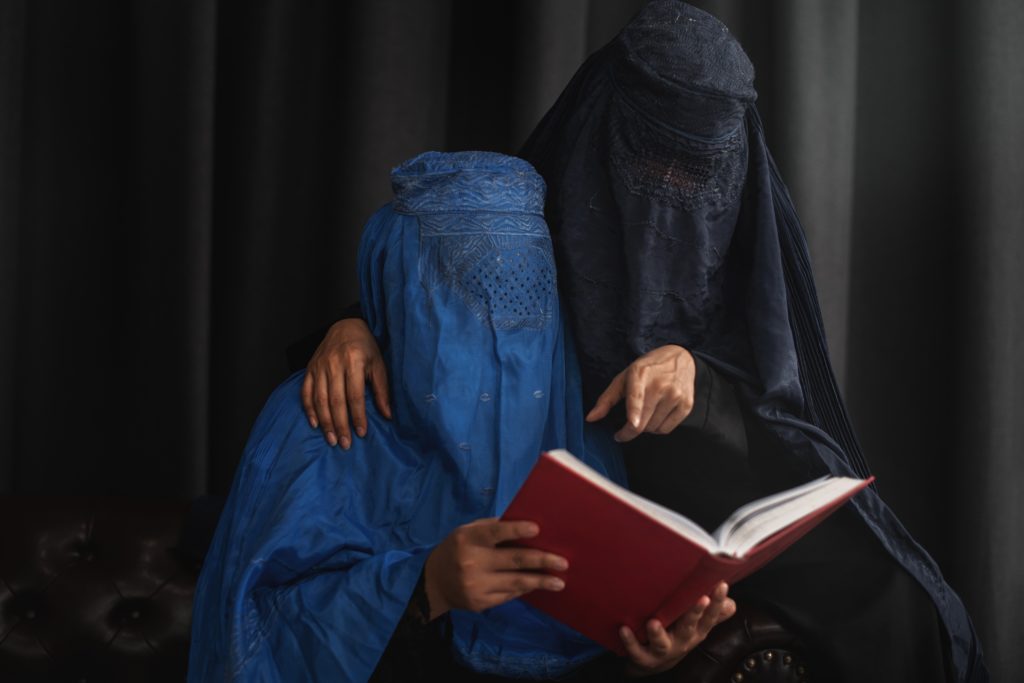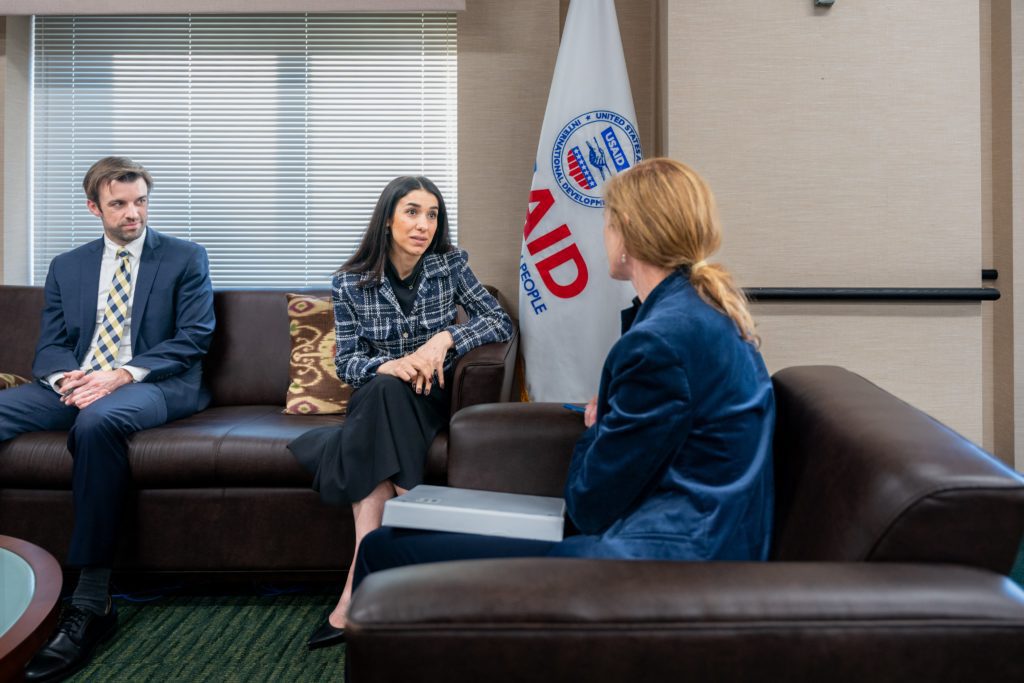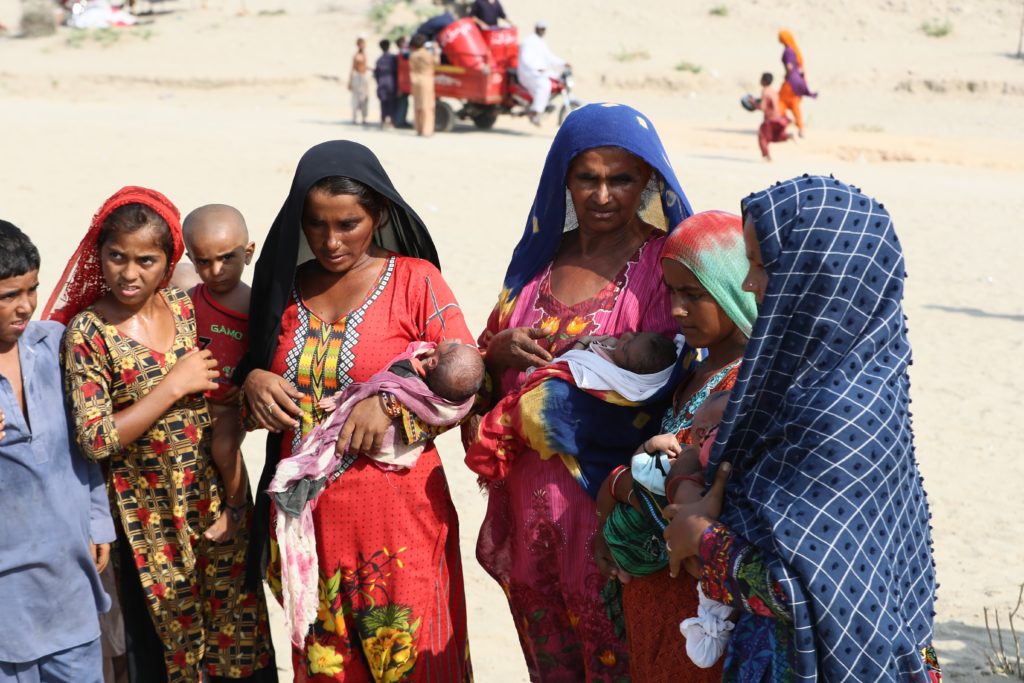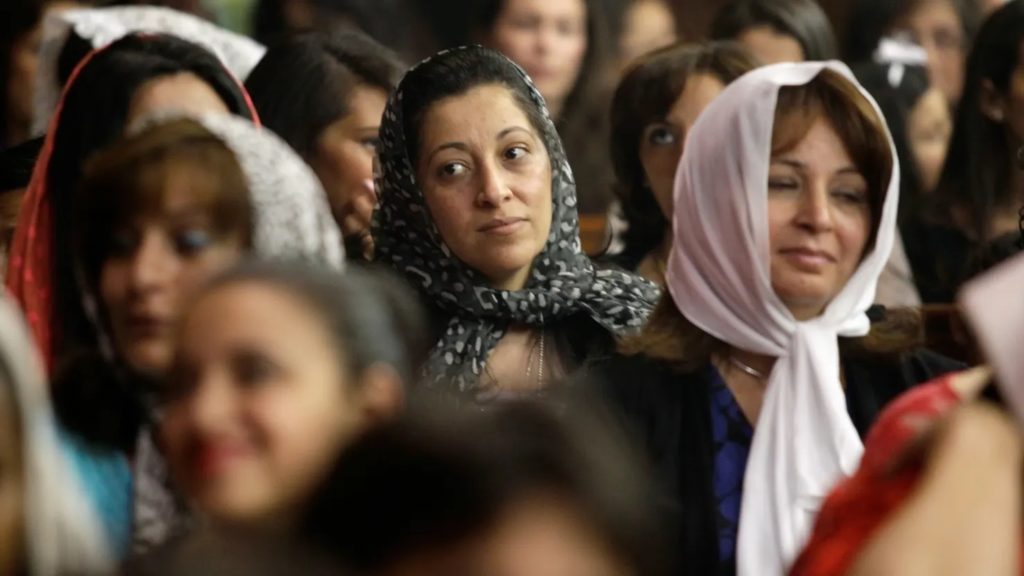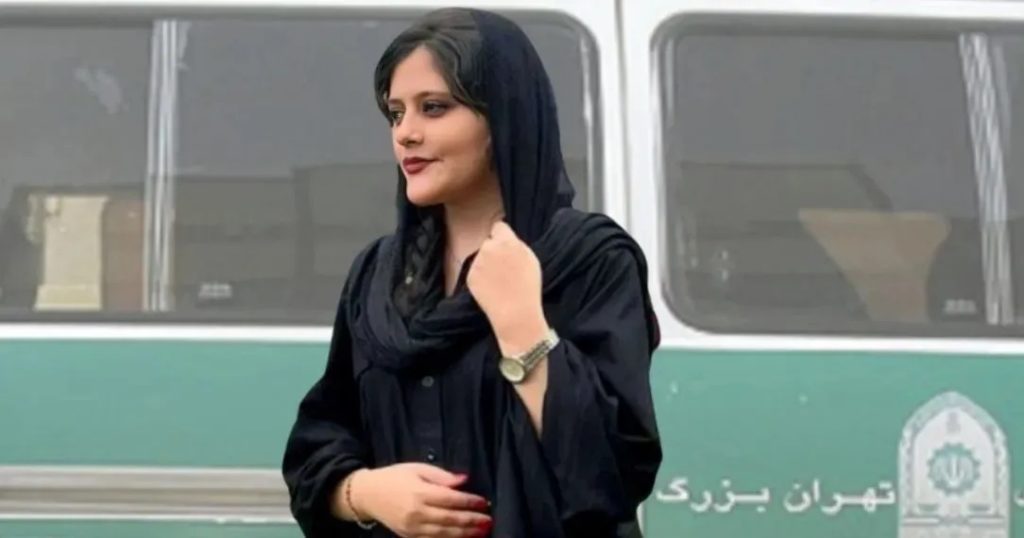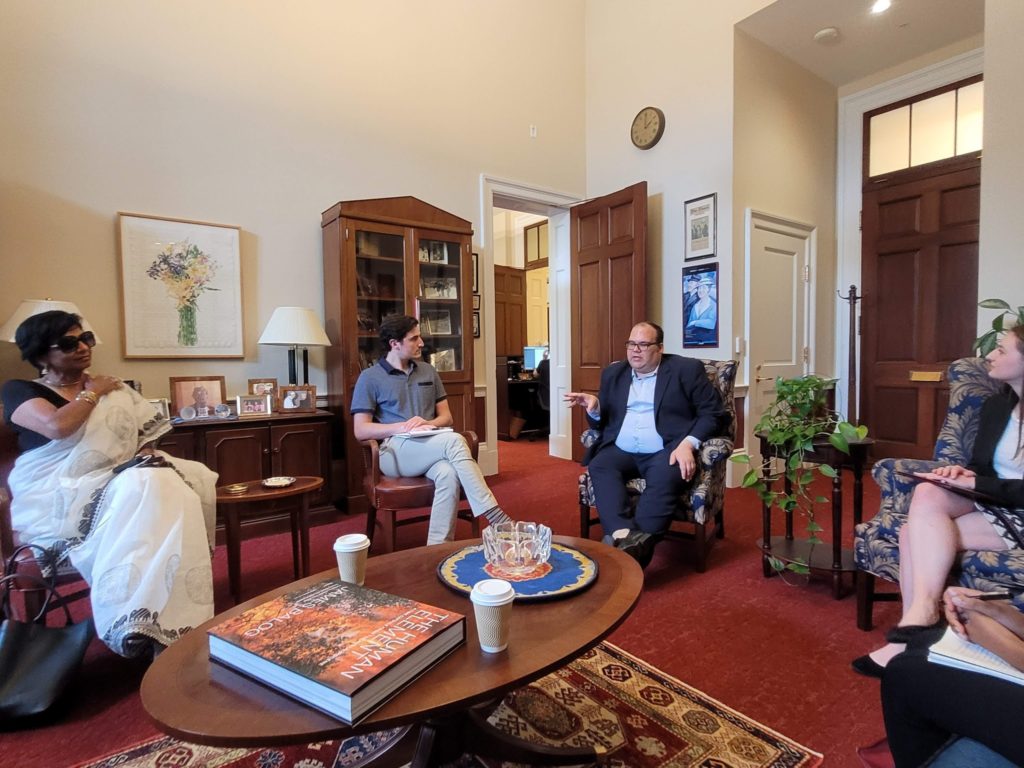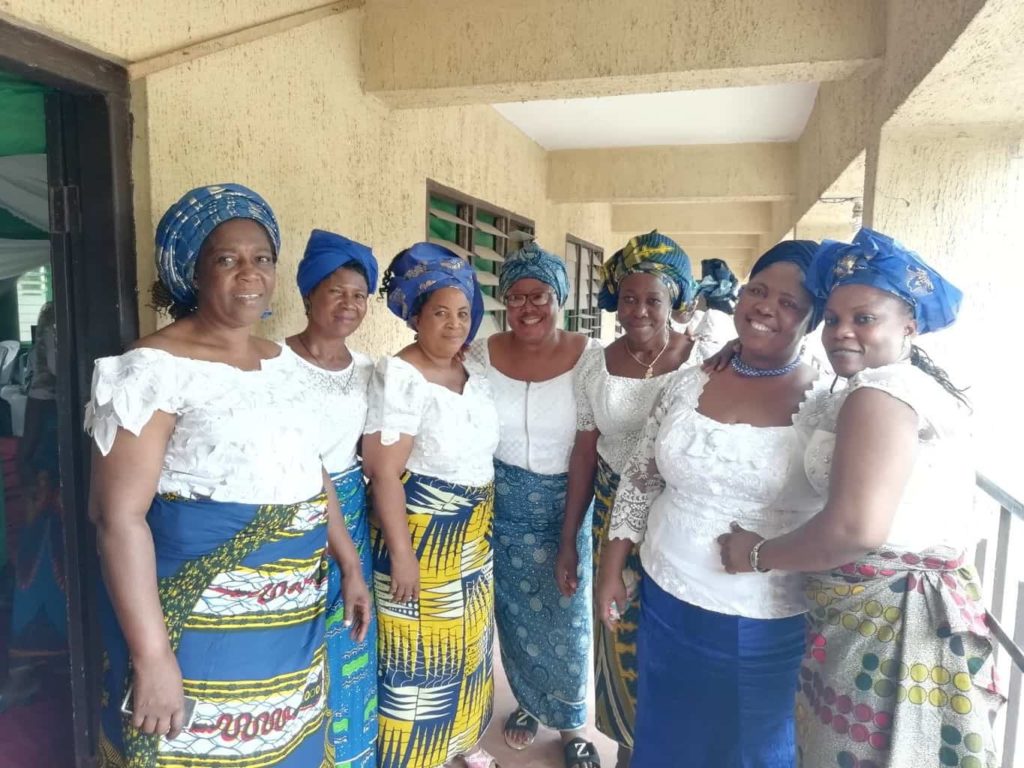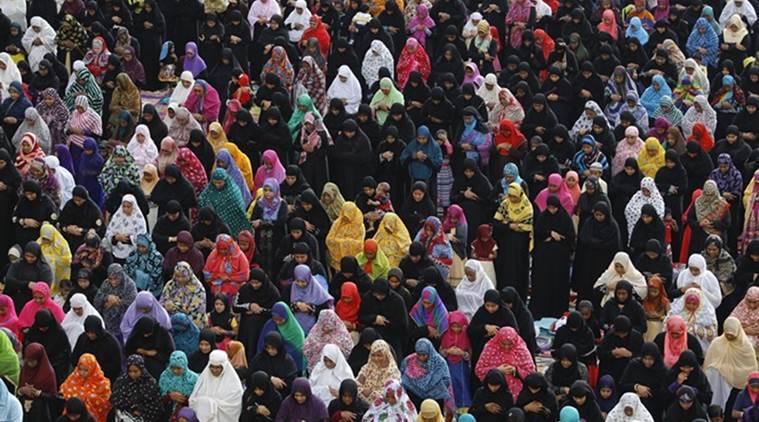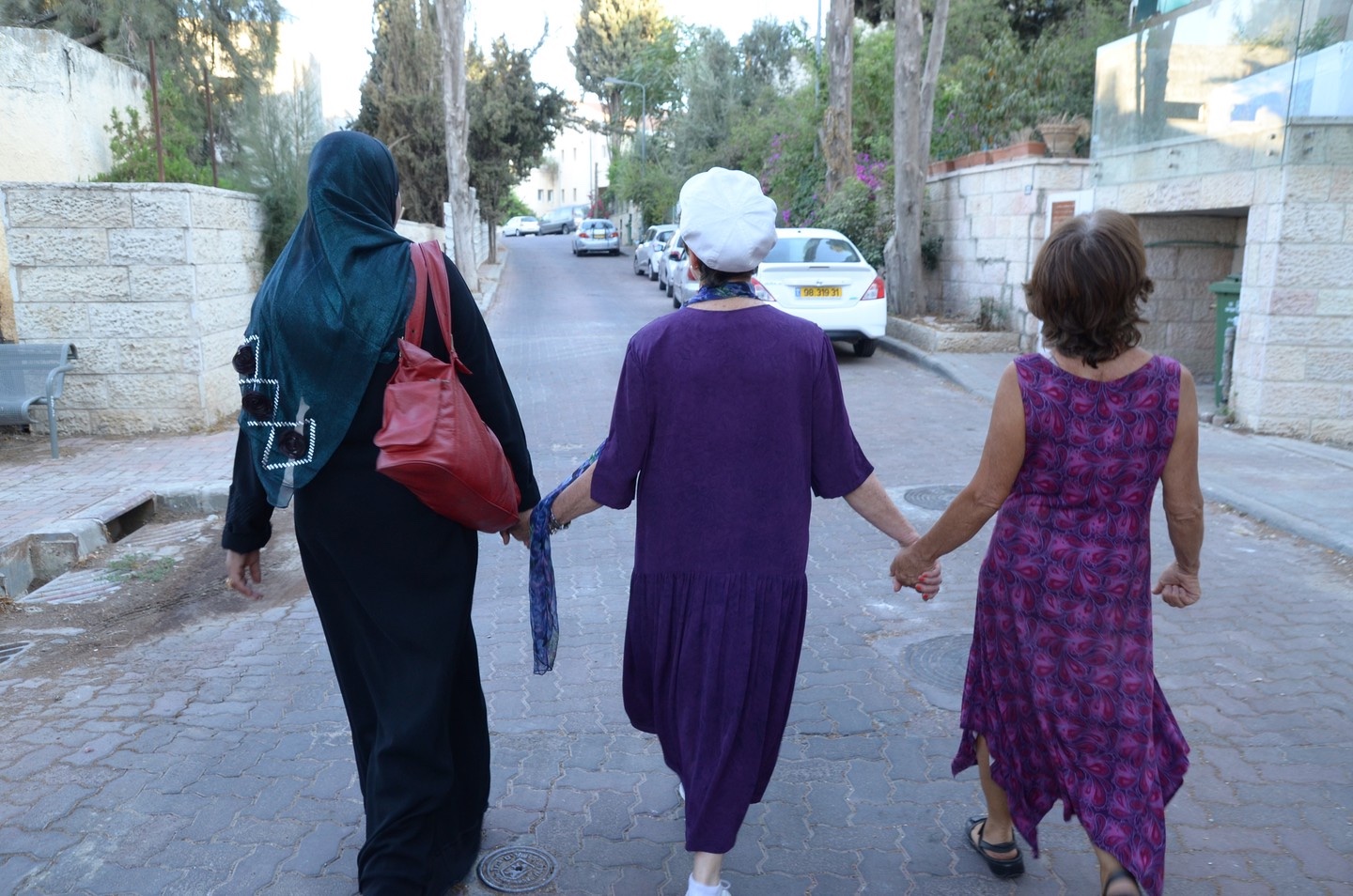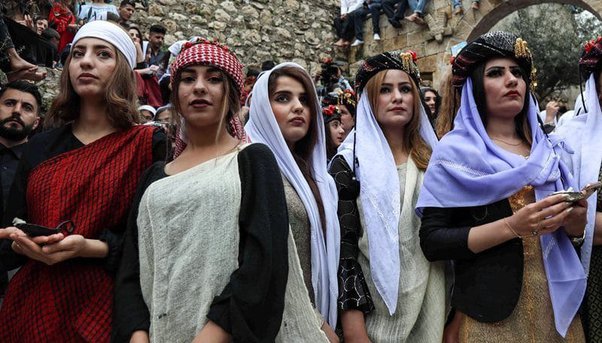With every terror attack, I became more vocal. That was when the debates and writings became more critical. What finally made me come out as atheist was a video of a beheading of a female Christian back in 2013 by boys around my age, speaking my language. It hit me that the time for silence is over. Either someone speaks or we all sink. Mubarak Bala[1]
Mubarak Bala is a religious prisoner of conscience in Nigeria, a humanist convicted of “causing a breach of the public peace” in connection to “blasphemous” Facebook posts he allegedly made in April 2020. He was detained on April 28, 2020 and is serving a 24-year sentence. I recalled his comments on the 3rd anniversary of his detention, and was struck that the persecution of a woman of a different faith helped prompt the advocacy that ultimately led to his unjust imprisonment.
What is blasphemy? Blasphemy is the act of insulting or showing contempt or lack of reverence for God or sacred things. Blasphemy laws punish expression or acts deemed blasphemous, defamatory of religions, or contemptuous of religion or religious symbols, figures, or feelings.
Blasphemy laws negatively impact the freedom of religion or belief and nonbelief and are impermissible under international human rights laws. The vague wording of these laws results in individuals being unfairly and often brutally punished for exercising their fundamental freedoms. Religious freedom includes the right to express a full range of thoughts and beliefs, including those that others might find blasphemous. Further, international standards specifically protect individuals, and cannot be expanded to protect from criticism religious institutions or ideas. While blasphemy laws are enshrined in Nigeria’s criminal and Shari’a codes, the most recent Nigerian Constitution – which was signed on May 29, 1999, includes Article 38 which protects citizen’s rights to freedom of religion. In addition, the Qur’an clearly protects the rights of all individuals to choose their religion or non-religion and freely practice their religion as they see fit, that there shall be “no compulsion in religion.”
And yet there is no such freedom in Nigeria, and thus more tragic anniversaries to mark this month, especially in the 12 northern states of Nigeria where Shari’a courts adjudicate Islamic laws. At this time last year, FoRB Women’s Alliance highlighted the case of Deborah Yakubu in Deborah Yakubu: Know Her Name, bringing some much-needed attention to her case. Deborah was a Christian in Muslim-majority Sokoto State in Northwest Nigeria. She was murdered on May 12 by Muslim classmates who accused her of blasphemy for posting on WhatsApp criticism of religion-related posts in a study group that she thought should focus on academics only, Despite the fact that her murderers recorded and celebrated their brutal actions on social media, Nigerian authorities have brought only minor charges for bailable offenses against two perpetrators
Rhoda Jatau, a Christian mother of five who was upset about Deborah’s murder, shared a video in a WhatsApp group condemning it. A mob in Bauchi State in Northeast Nigeria considered her comments blasphemous and sought to retaliate, burning down her house. Instead of arresting those who incited violence, authorities arrested her on May 20, 2022 and charged her with blasphemy. Authorities have held her incommunicado in prison since her arrest, with the hearing for her case repeatedly delayed.
We also must not forget another anniversary that takes place this month. May 14 is the birthday of Leah Sharibu, her sixth spent in captivity. Leah was 14 years old, and a student at the Government Girls Science and Technical School in Dapchi, Yobe State, also in Northeast Nigeria, when the Boko Haram faction known as the Islamic State West Africa Province (ISWAP) abducted her and 109 other girls. Five girls reportedly were killed in the abduction. In March, ISWAP returned all of the girls, except Leah, warning them not to return to school. ISWAP kept Leah because, as her family and classmates explained, she refused to denounce her Christian faith and convert to Islam.
What actions have been taken to address these egregious violations? Not enough in Nigeria, according to the U.S. Commission on International Religious Freedom (USCIRF). While some government officials have made public statements condemning mob violence against alleged blasphemers and issued temporary curfews to quell rising threats to public safety, the increasing enforcement of blasphemy laws enshrined in Nigeria’s criminal and Shari’a laws continue to be enforced as rampant violence and atrocities nationwide negatively impact freedom of religion or belief for many.
Outside of Nigeria, the EU parliament in April 2023 adopted a resolution that called for repealing blasphemy laws in Nigeria at the federal and state levels, combating impunity surrounding blasphemy accusations and ending capital punishment for such supposed crimes while moving towards full abolition. This resolution was prompted by the sentencing to death for blasphemy of the Nigerian musician Yahaya Sharif Aminu.
Representative Chris Smith (R-NJ) introduced in January 2023 in the U.S. House of Representatives H. Res 82 which, among other provisions, calls for accountability for Deborah’s murder. The UN Special Procedures also have raised concern regarding the authorities’ arbitrary detention of Mubarak Bala via two communications to the Nigerian government, and CSI spearheaded a letter calling for the immediate release of Rhoda Jatau. In addition, USCIRF in its 2023 Annual Report highlighted these and other blasphemy cases and called on Nigeria to be designated a “country of particular concern,” or CPC, for engaging in systematic, ongoing, and egregious violations of religious freedom and redesignating ISWAP as an “entity of particular concern.”
But more needs to be done. Let’s use the freedoms we have to highlight the plight of these and other Nigerians and help address these injustices by drawing attention to these May anniversaries: May 12 marks one year since Deborah Yakubu was murdered; May 14 is Leah Sharibu’s birthday and her sixth year in captivity; and May 20 marks one year that Rhoda Jatau has been unjustly detained.
We can highlight these anniversaries and injustices by: working with U.S.-based civil society and other groups to urge the repeal of blasphemy laws and end the impunity associated with these laws; reaching out to Members of Congress and the Administration to join in these efforts; and tweeting the Nigerian President, contacting the Nigerian Embassy or consulate in your area and asking to meet with them. If they ignore your request or refuse to meet, organize a silent protest calling for accountability. Finally, it is important to talk to your family, friends and neighbors about what is happening to these and other women and girls and men in Nigeria: their enslavement, unlawful detention, their living in constant fear, and the need for these laws to be repealed.
This May, let us flag the plight and applaud the bravery of these people and others in Nigeria and advocate on their behalf.
Hulda Fahmi is the Communications Associate with Jubilee Campaign and International Director of Set My People Free
[1] Feminist Dissent Journal of the University of Warwick, July 21, 2016 (1), pp. 127-128.
Disclaimer: The views and opinions expressed in this article are those of the author and do not necessarily reflect the official policy or position of FoRB Women’s Alliance.
